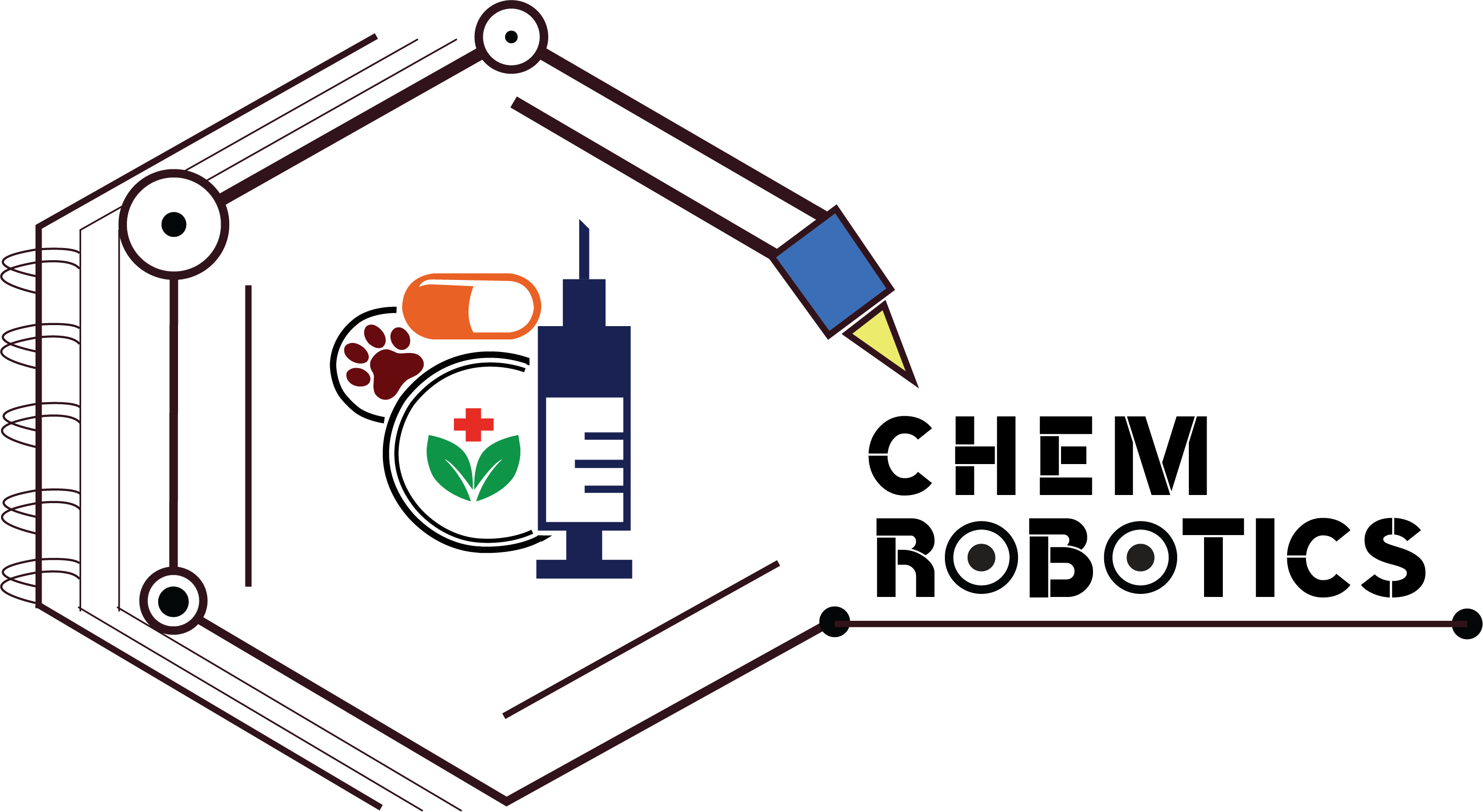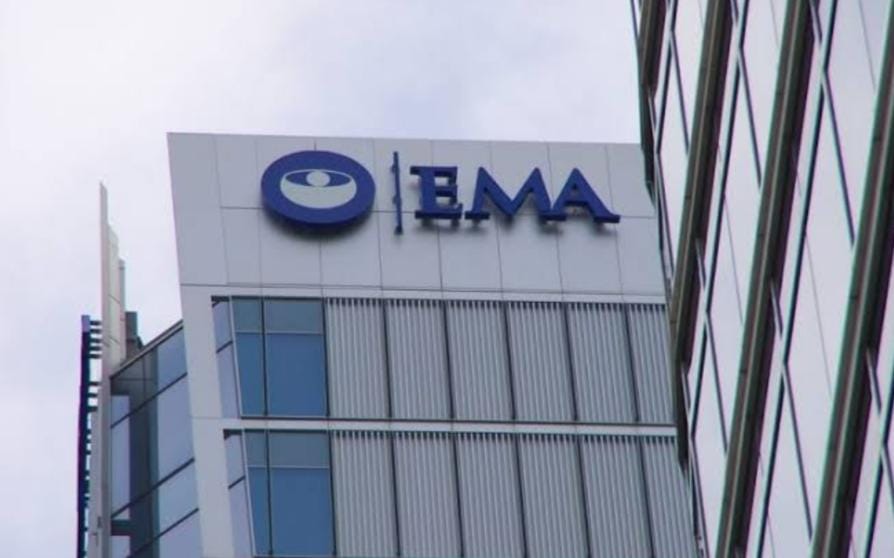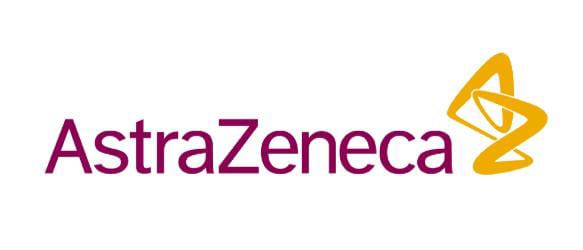Summary :
AstraZeneca and Sanofi secured accelerated authorization for respiratory syncytial virus (RSV) antibody nirsevimab from the European Medicines Agency. Nirsevimab was greenlit to prevent medically attended lower respiratory tract infections (LRTI) in all infants through their first RSV season.
Nirsevimab is the first investigational long-acting antibody designed to provide RSV protection for all infants. The accelerated authorization was based on Phase II/III data from the MEDLEY trial and the Phase III MELODY trial that showed nirsevimab has the potential to protect all infants entering their first RSV season with a single dose. Nirsevimab is designed to be administered from birth to infants born during the RSV season or at the season’s start for infants entering their first RSV season. The companies said in a joint announcement that data from the MELODY and MEDLEY trials will be published in an upcoming peer-reviewed journal.
The EMA granted accelerated approval for nirsevimab after the agency deemed the preventative medication was of “major interest for public health and therapeutic innovation.” Mene Pangalos, Ph.D., AstraZeneca’s head of biopharmaceuticals research and development, said nirsevimab has the potential to be the first immunization to offer protection for all infants against the respiratory syncytial virus as shown by the extensive clinical trial program.
The positive news for AstraZeneca in RSV was offset by other disappointing news regarding its COVID-19 vaccine that has been beset by concerns regarding the formation of blood clots in some patients. Two independent studies published in PLOS Medicine revealed a “slightly elevated risk of intracranial thrombosis” following dosing with AstraZeneca’s ChAdOx1-S COVID vaccine.
SciTech Daily first reported the studies, highlighting data found in the two papers. The first paper, written by William Whiteley, Ph.D., of the University of Edinburgh, analyzed electronic health records of 46 million adults in England. The second paper, also by a University of Edinburgh professor, Steven Kerr, Ph.D., used a dataset of 11 million adults in England, Scotland, and Wales.
The first study analyzed the health records of English adults. Of those 46 million people, 21 million had been vaccinated against COVID-19 by either the AstraZeneca or the Pfizer–BioNTech vaccine. Data showed that in people under 70, there was a “small increase in the rate of intracranial venous thrombosis” observed in those who received the AstraZeneca medication. The study said it was approximately twice the rate compared to unvaccinated people.
The same effect was not seen in those who received the mRNA vaccine developed by Pfizer and BioNTech.
The second study compared the rate of cerebral venous sinus thrombosis in patients 90 days before vaccination and four weeks after receiving the first dose of the AstraZeneca or Pfizer drug. Like the other study, there was a small risk of CVST following the AstraZeneca shot and no increased risk following the Pfizer drug.
There is a caveat to both studies. The University of Edinburgh professors who authored the papers warned that the low number of clotting risks, even in large cohorts, makes it difficult to make precise estimates. They plan to continue their studies and include other vaccines and second doses and booster shots.
AstraZeneca also reported that Leif Johansson, the company’s non-executive chairman of the board of directors, will retire in 2023 following the annual general meeting next year. The search for his successor has begun. He will have served on the board for 11 years by next year’s annual meeting. Non-executive directors of U.K.-based companies typically serve nine years.
According to reports, Johansson stayed on to help the company complete its $39 billion acquisition of rare disease company Alexion.



